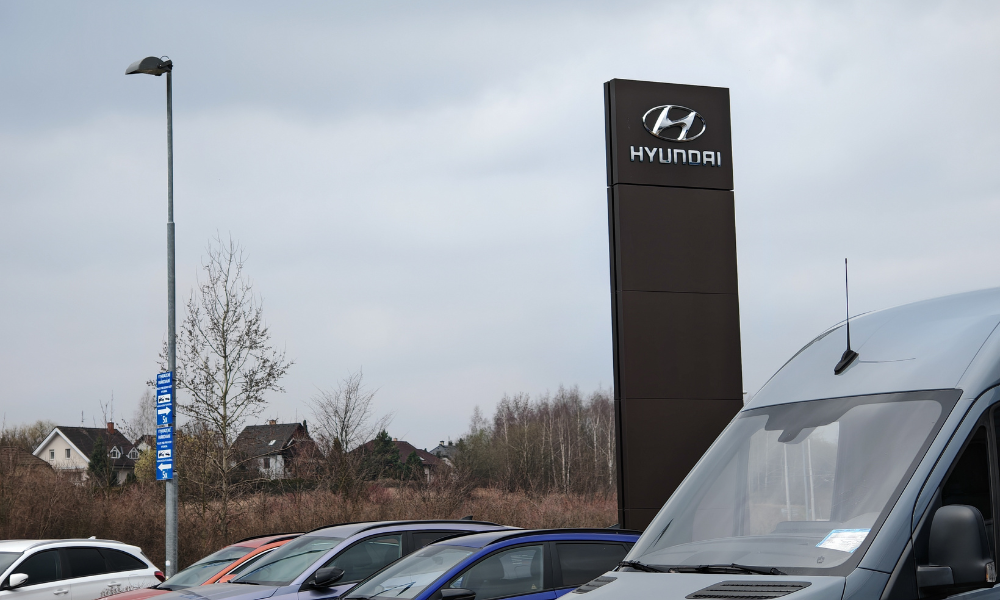
Employers eyeing higher production, more facilities in US amid sweeping tariffs

Several organisations across the world are expressing intent to set up operations in the United States in the wake of the sweeping tariffs imposed by President Donald Trump.
Among these organisations are Essity, Hyundai Motor, LG Electronics, Nissan Motor, TSMC, Samsung Electronics, Volkswagen, Reuters reported.
The South Korea-based Hyundai has announced that it will invest a total of USD9 billion to establish an annual production capacity in the United States of 1.2 million vehicles across its automotive brands.
The group also plans to improve its production facilities in Alabama and Georgia to "further enhance its customer-centric approach in delivering high-quality automobiles," according to a recent media release.
LG Electronics, another South Korea-based firm, has also secured the building sites for refrigerator and oven production at their Tennessee plant as a "last option" once Trump's tariffs take effect.
"We are currently maintaining the site and constructing some temporary buildings. If such policies come into effect, we will be able to move forward without delay," said LG Electronics Chief Executive Officer (CEO) Cho Joo-wan as quoted by South Korea's Yonhap News Agency.
Japan-headquartered Nissan Motor also has plans to shift some domestic production of US-bound vehicles in the United States, Reuters reported, citing Nikkei.
TSMC, which is based in Taiwan, has also announced an additional $100 billion investment to further the company's advanced semiconductor manufacturing in the US.
The company already has an ongoing $65 billion investment in advanced semiconductor manufacturing operations in Phoenix, Arizona. The expansion includes plans for three new fabrication plants, two advanced packaging facilities, and a major R&D team centre.
According to Reuters, other employers that are planning to expand their US operations include:
These plans come in the wake of Trump's tariffs on goods imported from the rest of the world, starting from a minimum of 10% in some countries.
China, which is already facing 20% tariffs, would face an additional 34%, BBC reported.
The US president's tariffs have prompted retaliation from other countries, with China saying it would impose a 34% retaliatory tariff on US goods.
The Trump tariffs have prompted warnings from experts about the growing potential of a global recession.
"The risk of recession in the global economy this year is raised to 60%, up from 40% earlier," Bruce Kasman, JPMorgan's chief global economist, previously warned.